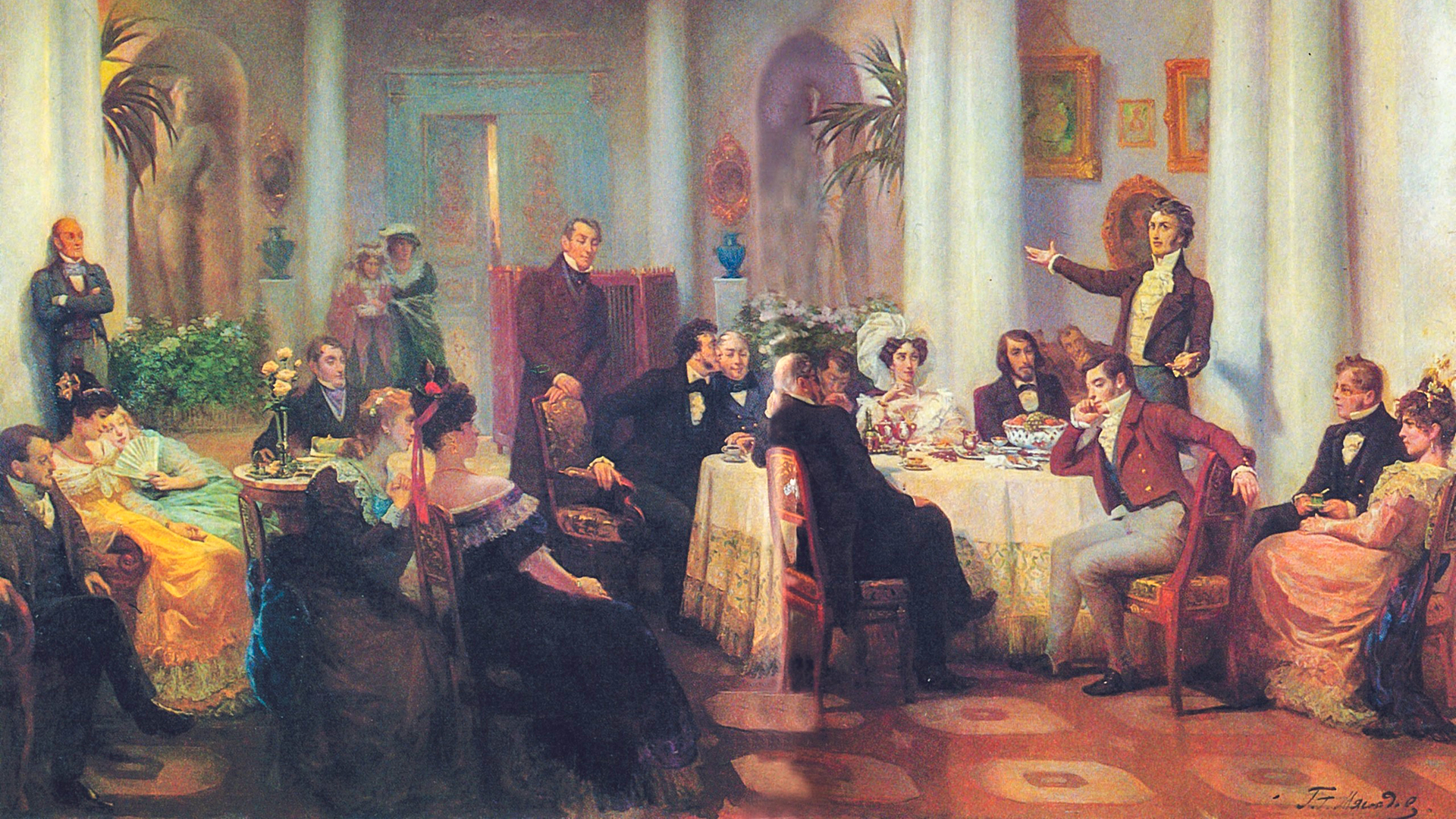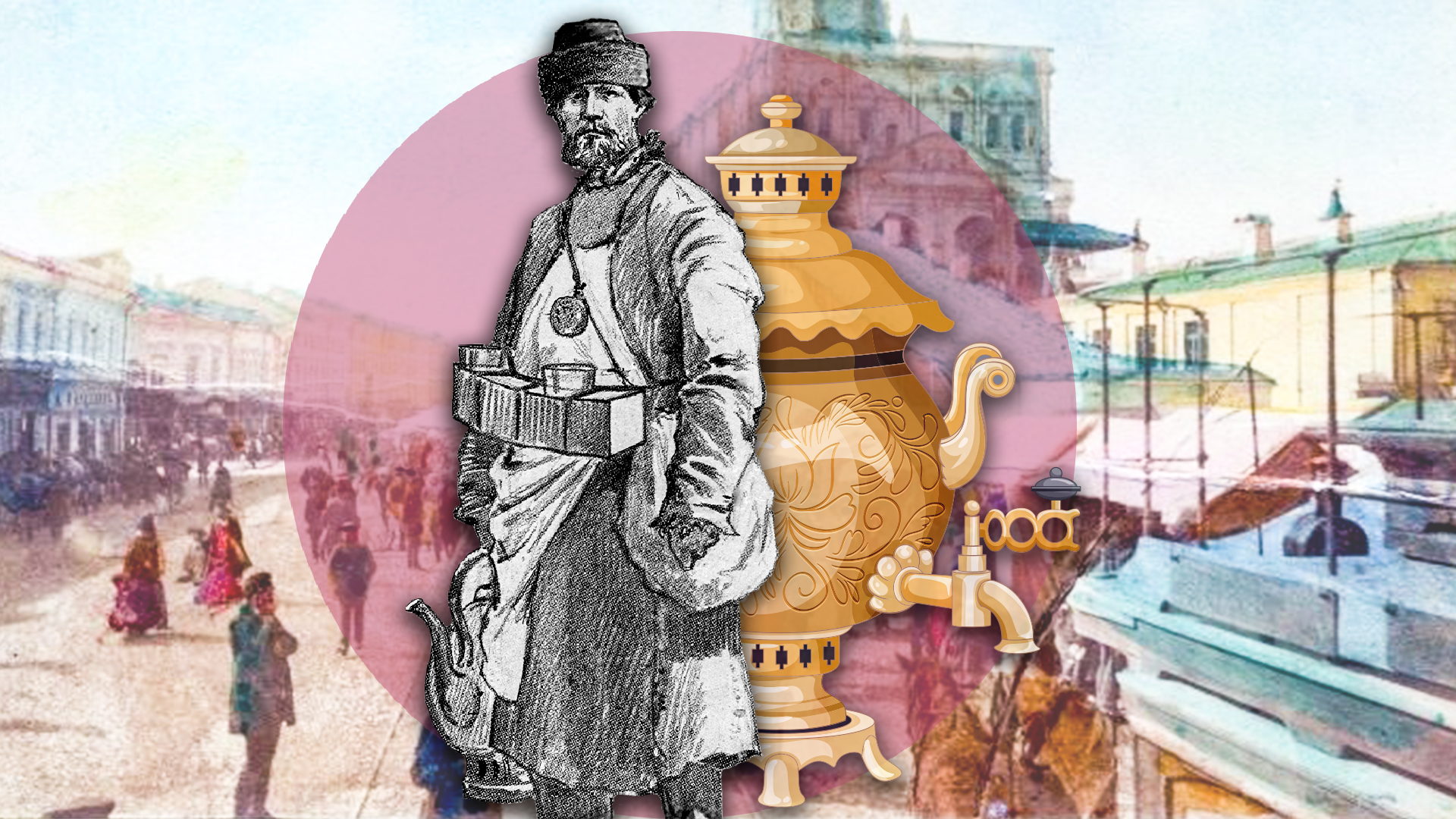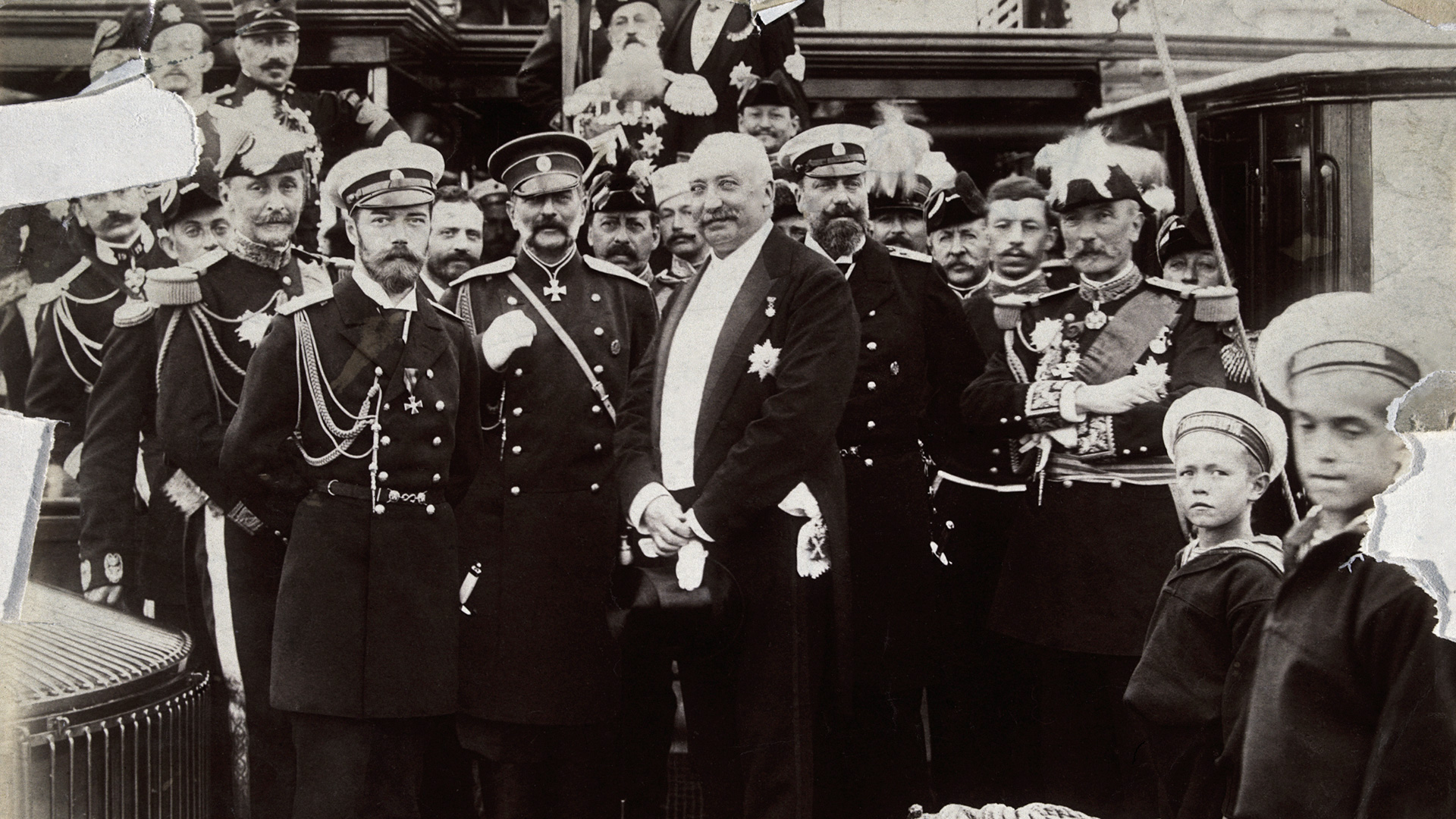
Did you know that Peter the Great forbade building bridges in St. Petersburg?
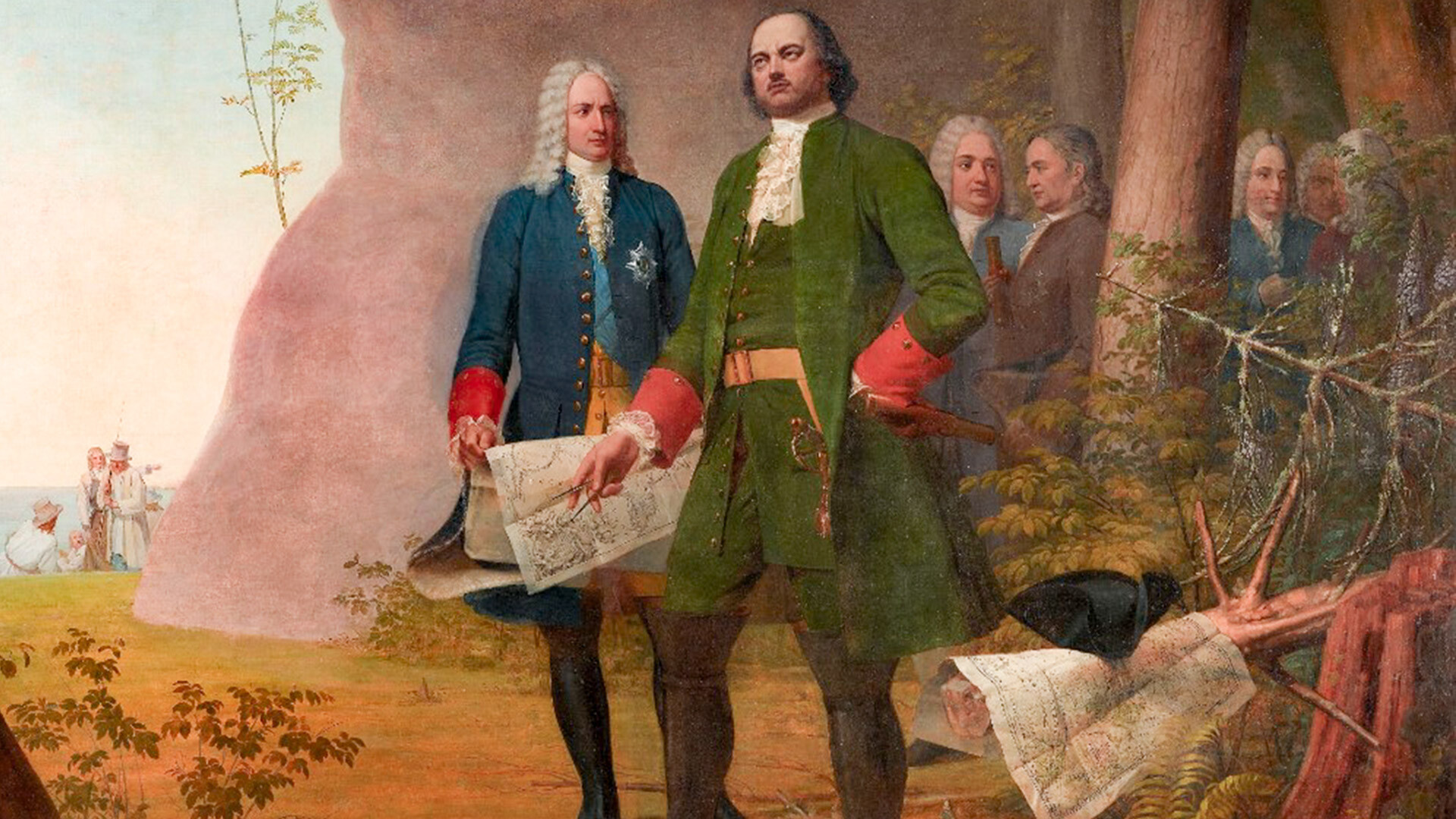
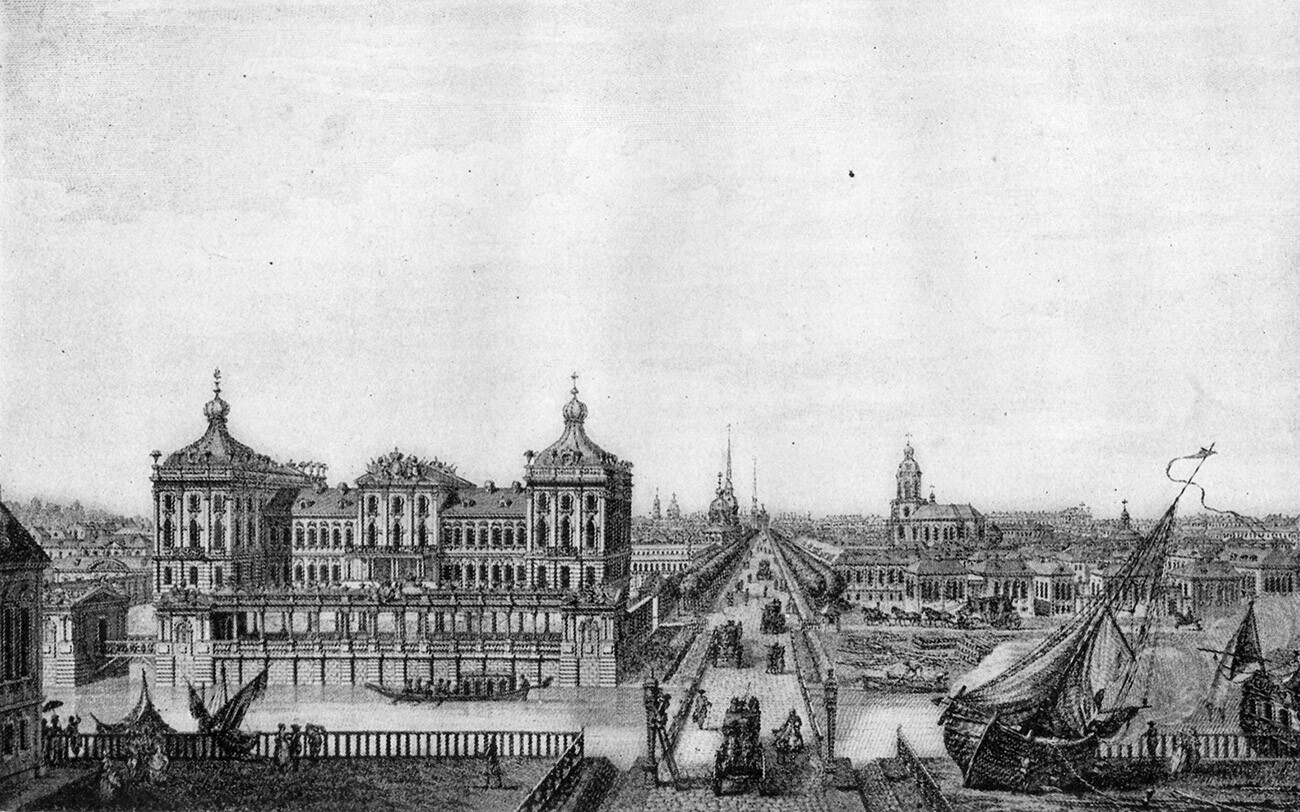
The emperor wanted St. Petersburg to become the largest seaport in Europe and believed that its inhabitants should travel by boat, as in Amsterdam. He instilled a love for water by personal example. In winter, when the Neva River was covered with ice and it was possible to travel on it in a sleigh or on foot, the court jester was the first to descend onto the frozen river.
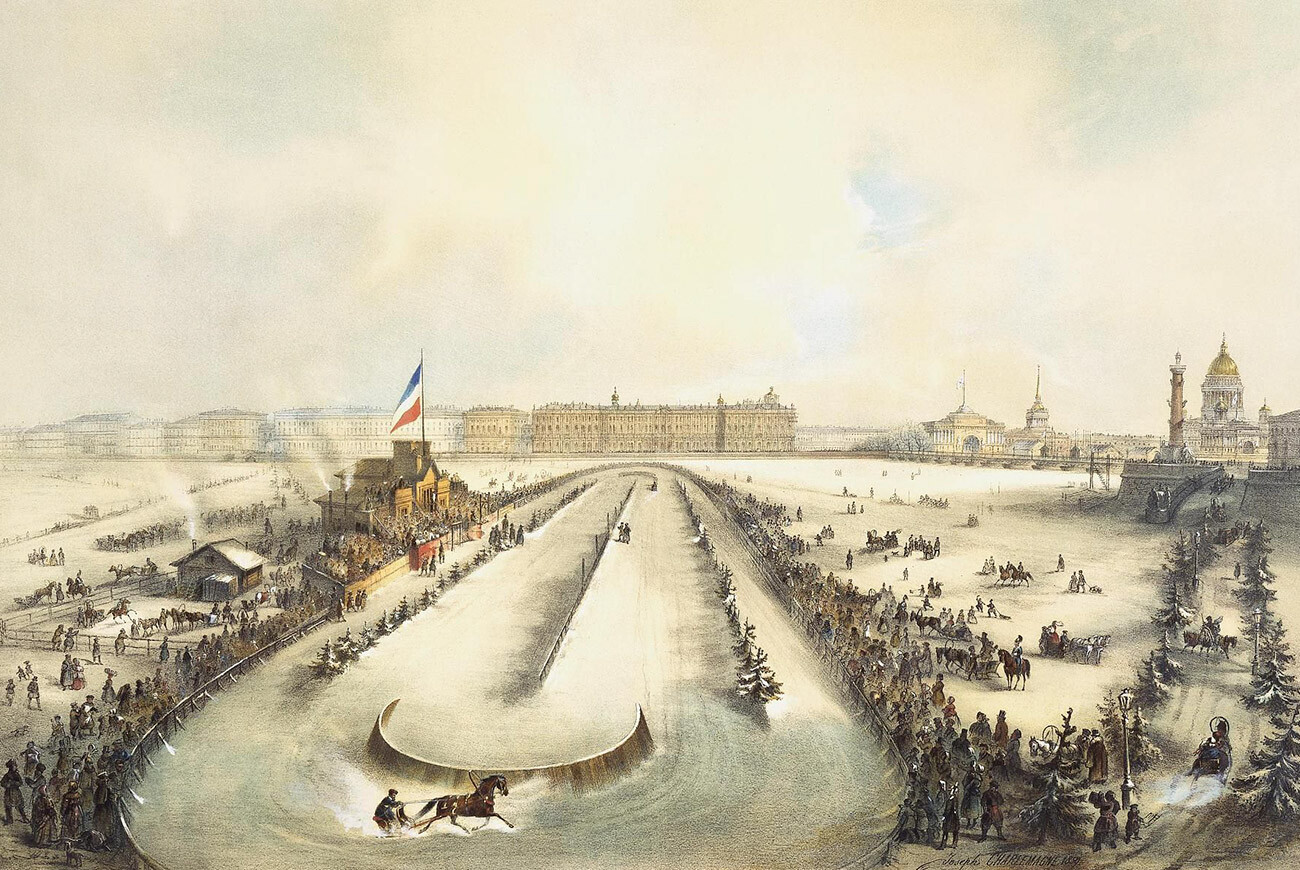
He beat a drum and then crossed to the other bank accompanied by a team with ropes and planks - just in case. And, in spring, Peter I opened navigation: first they fired three cannon salvos, then the emperor crossed the river by boat.
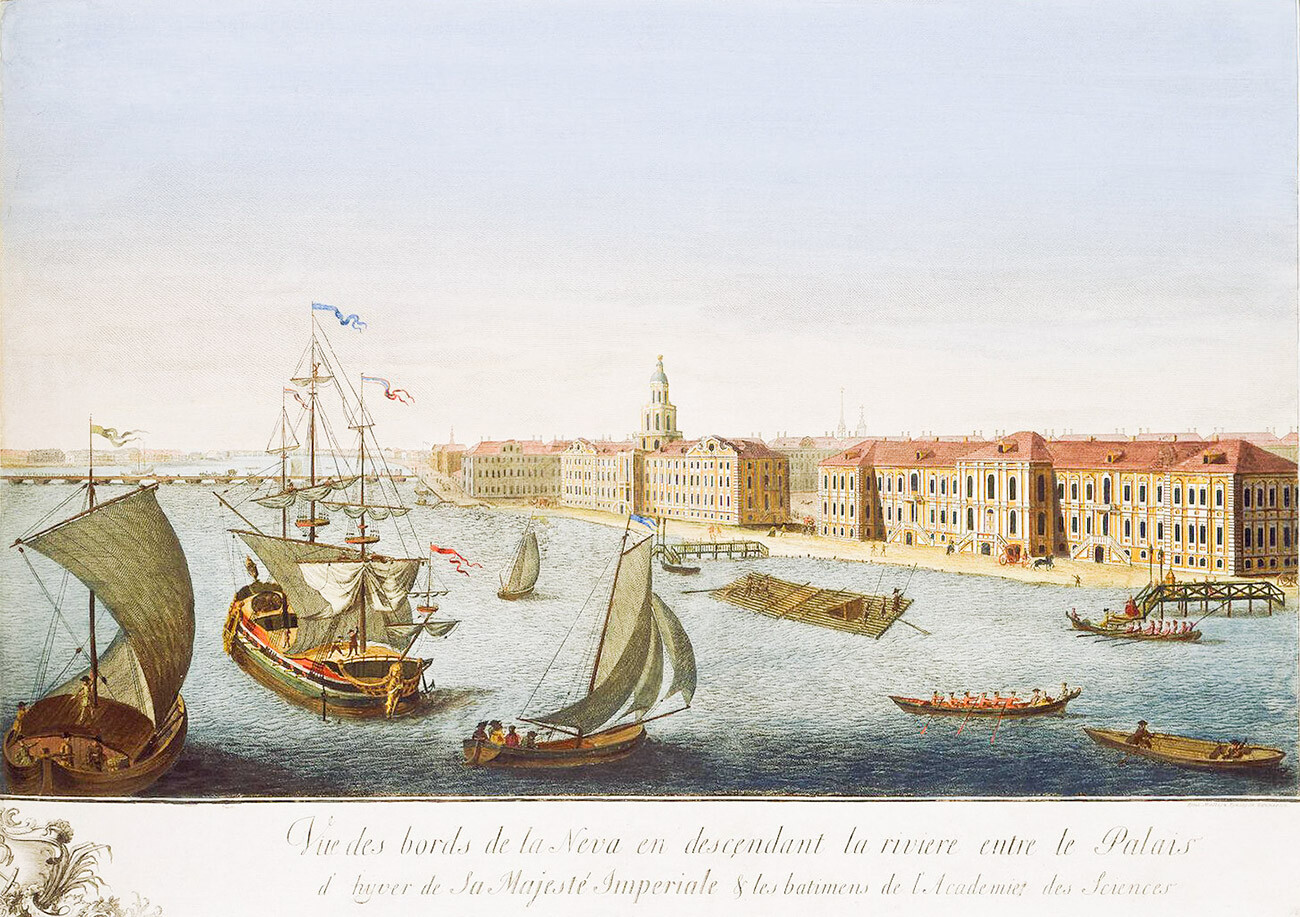
At that time, there were only two bridges in the city and they were wooden: Ioannovsky, connecting Berezovy and Zayachy Islands, and Anichkov - for the delivery of building materials. And there were two reasons for this. Firstly, every year, the water level in the Neva rose so much that all such buildings were simply swept away by the subsequent current.
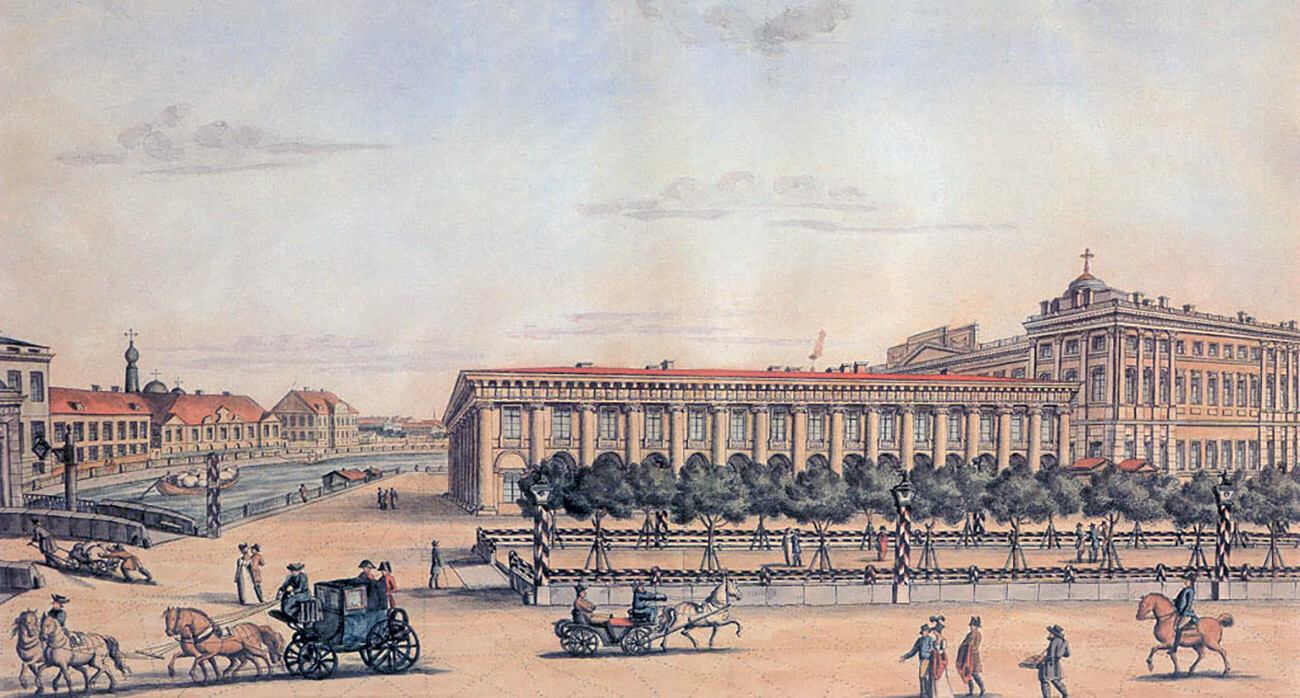
“The other day, a west-south-west wind brought in such water as, they say, had never been seen before. In my chambers, there were 21 inches of water above the floor; and in the vegetable garden and on the other side of the street they freely rode in boats... on the roofs and in the trees, as if during a flood, sat not only men, but also women..." Peter noted in a letter to Alexander Menshikov.
Secondly, bridges would have greatly interfered with commercial shipping. And, thirdly, the transportation of people and goods across the river was a profitable business that replenished the treasury.
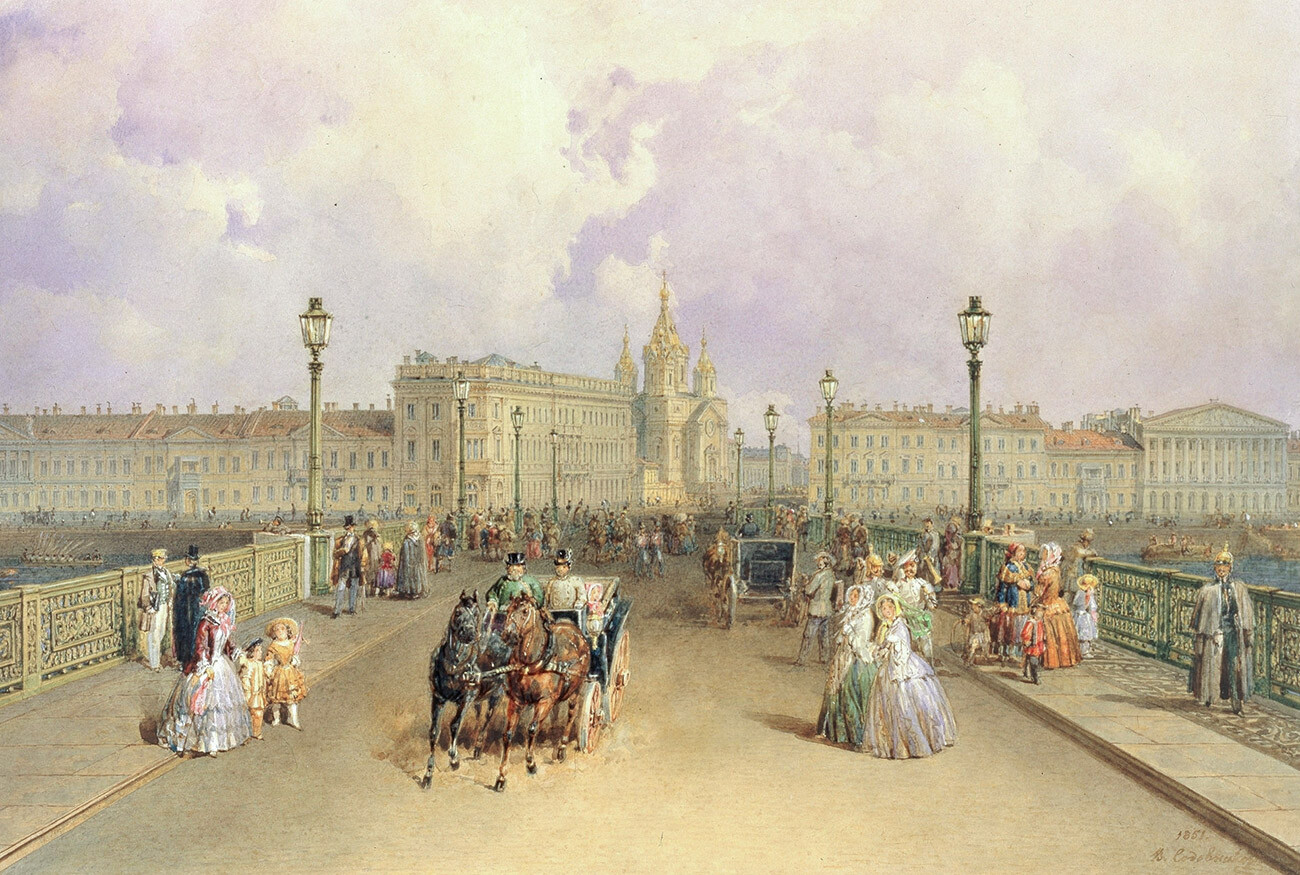
In 1727, two years after the death of Peter the Great, the first floating bridge appeared in St. Petersburg - St. Isaac's Bridge, which allowed one to cross to Vasilievsky Island. It was supported by 26 flat boats, the so-called ’plaatschuits’. Until 1754, the passage across it was tolled - a kopeck per person and five per carriage.
And, in 1850, the first permanent bridge appeared in St. Petersburg between Admiralty and Vasilievsky islands - the Blagoveshchensky Bridge.


